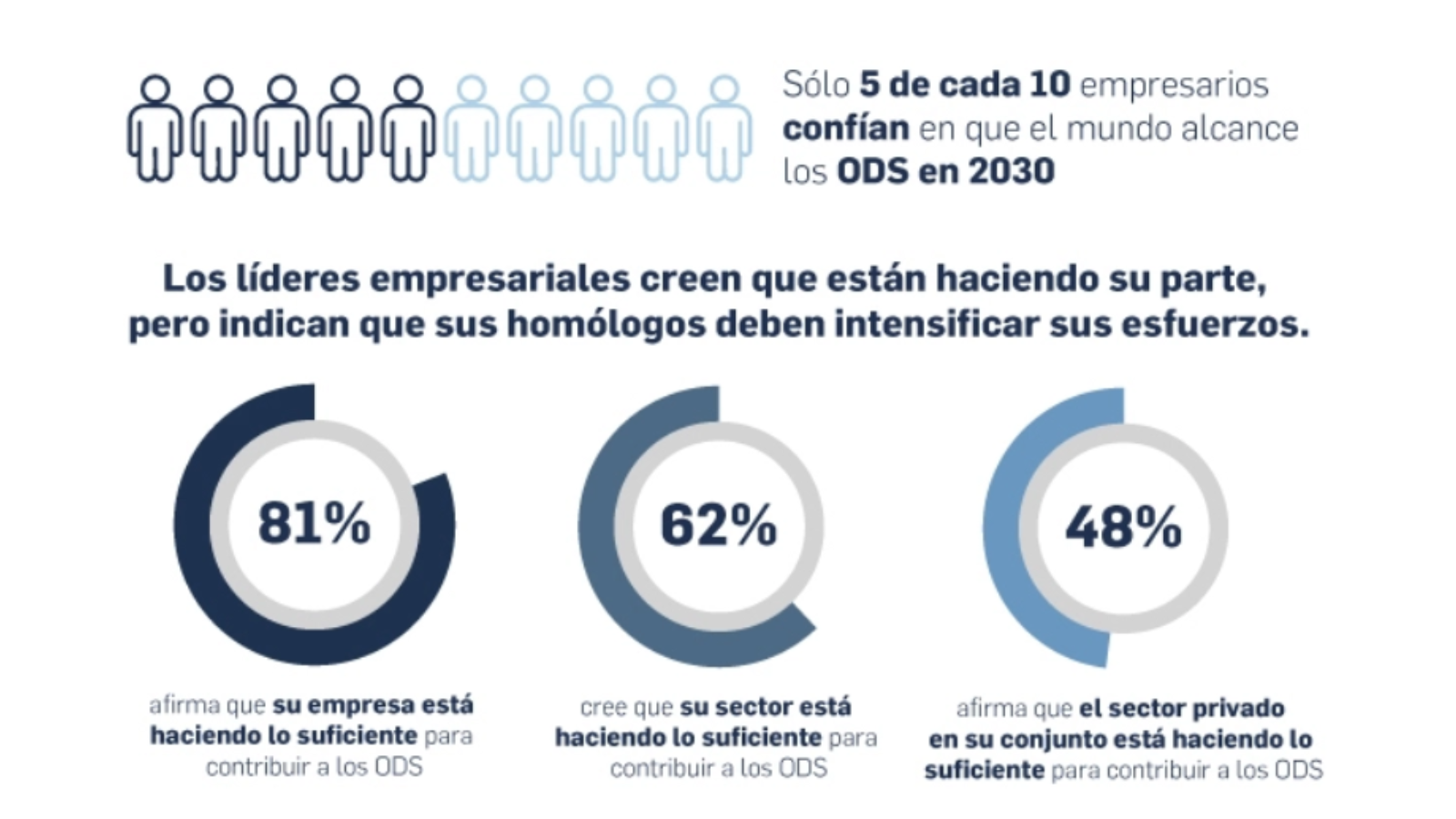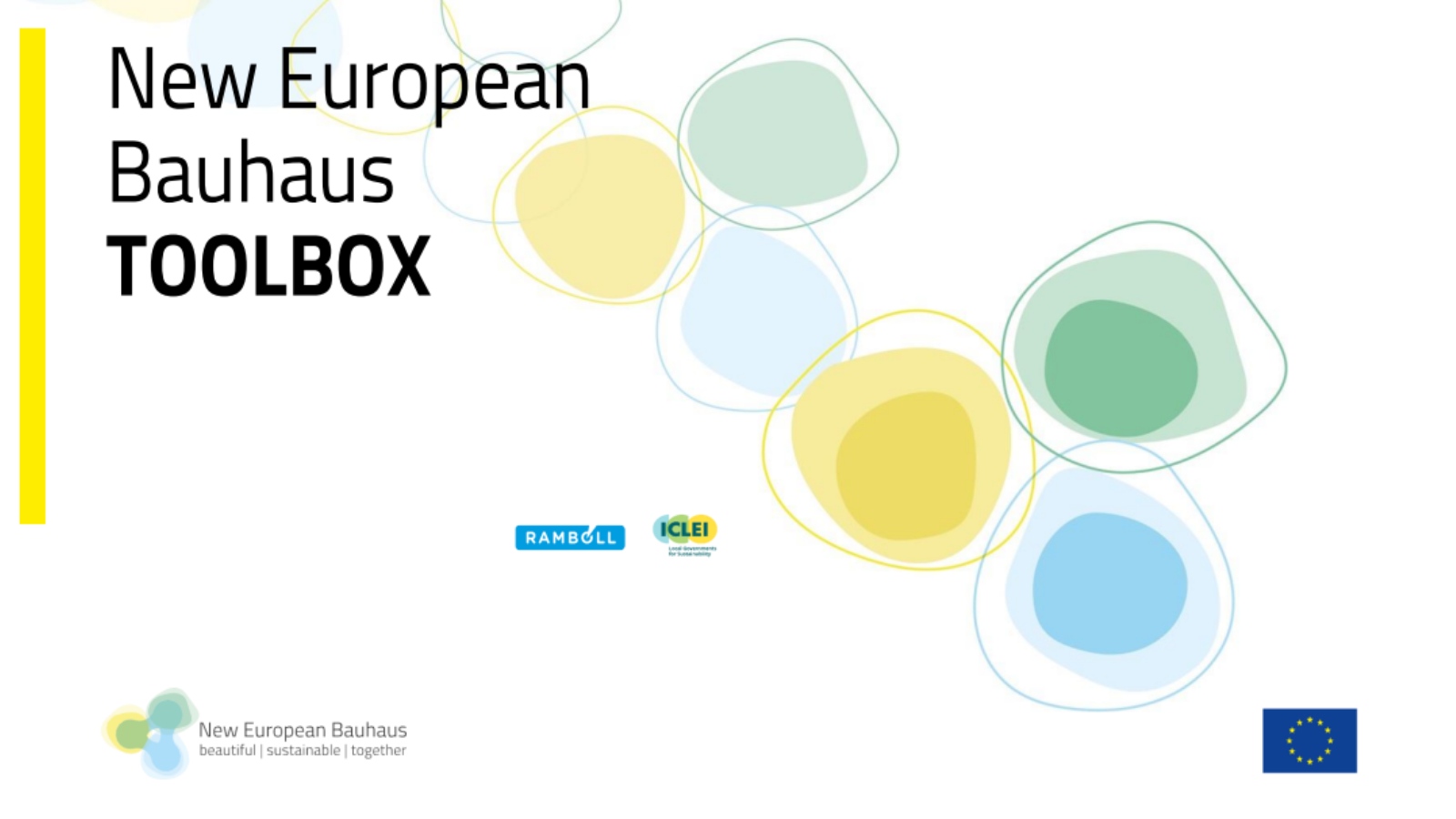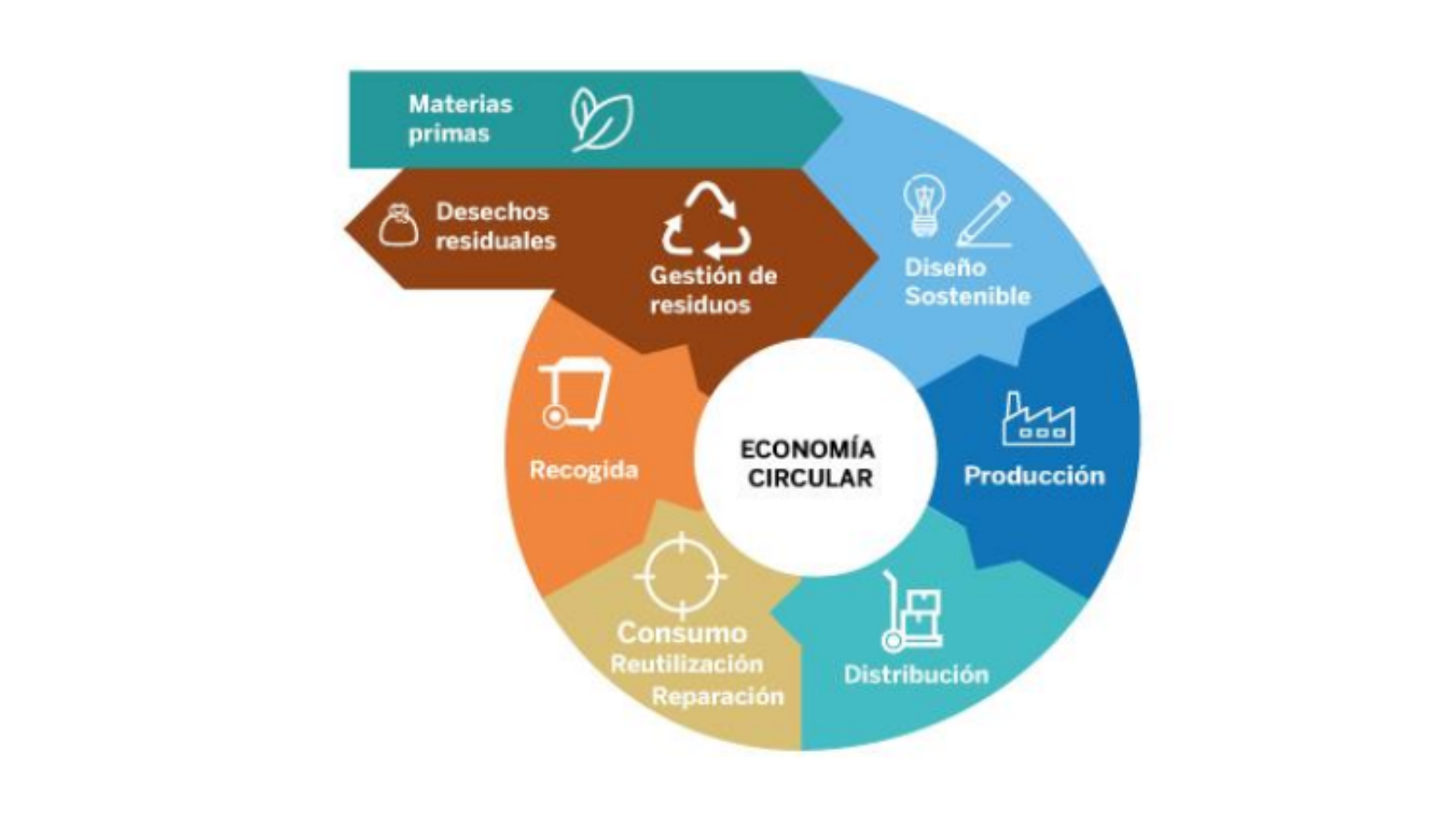The private sector is a key player in achieving the SDGs, yet current progress can be improved: Only 15% of SDG targets are on track, 48% show weak and insufficient progress and 37% are stagnating or even regressing, according to the UN Global Compact and Accenture’s ‘Global Private Sector Stocktake: through the eyes of the private sector’ report.
Therefore, collaborative and credible business action backed by policymakers is needed to achieve the SDGs where the private sector can have the greatest impact.
The findings of this study are based on a survey of more than 2,800 business leaders from around the world. This report details the impact of the private sector in achieving the Sustainable Development Goals (SDGs) to date and presents a way forward for the second half of this period (2023-2030).
The private sector identifies three key pillars for achieving the SDGs by 2030: Expanding market benefits for positive societal impact; transforming the business base to achieve environmental sustainability; and scaling new incentives and redefining in terms of risk and return on investment.
Loss of confidence
More than 94% of business leaders believe that the SDGs represent a unifying global vision and 96% agree that the private sector has a crucial role to play in achieving them.
However, at some levels there is a loss of confidence in the feasibility of achieving the SDGs by 2030. In 2022, 92% of CEOS surveyed say they believe the world will achieve the SDGs by 2030. However, when asked the same question to a broader audience of business leaders at different levels, only half (51%) believe that the SDGs will be achieved by 2030. This shift reflects the declining focus on the SDGs as other global challenges, such as inflation and geopolitical instability, have emerged.

“Private sector investment and innovation are essential to achieving the Sustainable Development Goals,” says Sanda Ojiambo, CEO and International Executive Director of the UN Global Compact. “While there is no one-size-fits-all approach, companies must step up actions that can have a significant impact on people and the planet, as well as their business. This will enable them to effectively communicate their performance, set goals and actions, engage with stakeholders, including investors, and access new market opportunities”.
95% of business leaders assume that their business impacts the SDGs and 91% have a public commitment to one or more of the SDGs. 79% say they have identified a business case to advance at least one SDG, and 78% have modified a product or service to align with an SDG.
Despite championing their own contributions to the SDGs, business leaders are less confident about their sector’s contributions. 81% of companies think they are doing enough to contribute to the SDGs and 62% think their sector is doing enough to contribute to the SDGs.
In terms of impact, approximately 25% of private sector revenues are aligned with improving working conditions and decent employment. However, private sector investments and economic activities remain insufficient on climate (25% of revenues).
In terms of barriers to contributing to the SDGs, some are cyclical, such as inflation and interest rates, while others are structural, such as lack of incentives or supply chain management.
Supporting public policies and strategies
While the private sector is ready to play a key role in achieving the SDGs, business leaders have some clear demands for policy makers. First, 76% call for consistency in sustainability disclosure and reporting, the alignment of the national minimum wage to living wage levels (71%), mandatory disclosure of gender pay gaps (65%), a shift from fossil fuel subsidies to renewable energy (68%) and a requirement for net zero emissions by 2050 (62%). This would ensure that both international and national levels meet the same global standard.
In addition, 44% of business leaders expect governments to establish incentive policies that help them integrate the SDGs into their business strategies and operations, ensuring a level playing field among companies. They also seek guidance on where and how to focus efforts and clear measurement criteria and calculation methods.
In tandem, leaders also face significant structural challenges. Eighty-four per cent of them cite lack of clear measurement resources as an obstacle to progress, while 82% highlight limited access and poor quality data as a constraint to measuring the contribution to the SDGs. Similarly, 80% say that insufficient policy incentives to incorporate the SDGs into business strategy are hindering progress. Similarly, 77% are concerned about skills shortages or workforce mismatches related to the SDGs.









